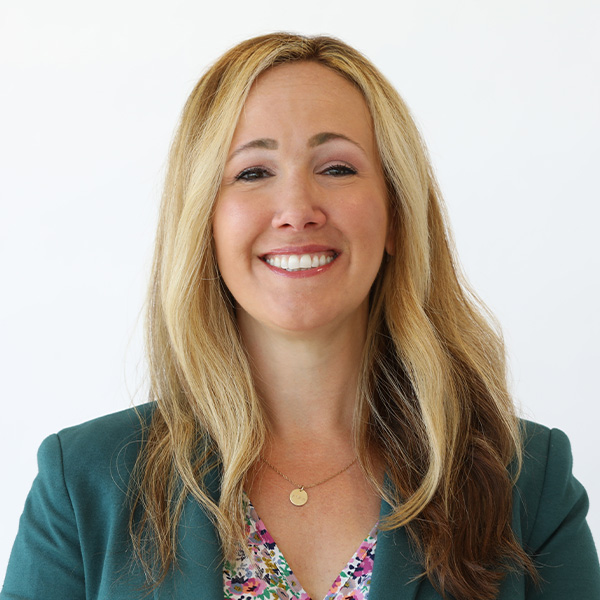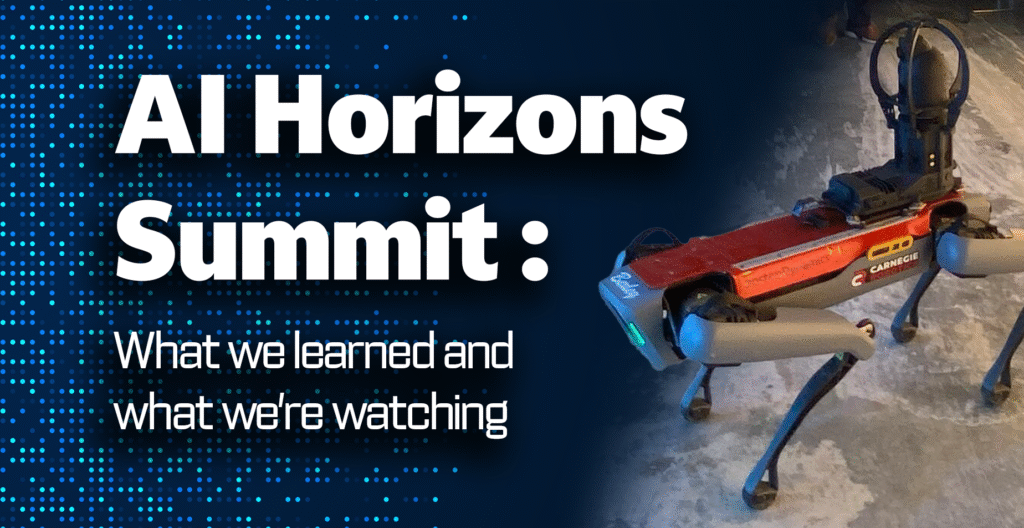A botched tree-planting effort in Detroit offers lessons for anyone planning an issue-advocacy campaign.
Many well-meaning companies and organizations offer community-centered programs aimed at benefitting residents with laudatory intentions—but then experience difficulty in the implementation phase.
Before getting caught up in all the ways your organization’s latest program can benefit others, there are several critical questions to consider:
“What does the community need and want? Will this truly help them, or just make us feel good?”
This CityLab piece brings the issue into focus. It’s about Detroit residents who were not so keen on free tree plantings being offered by the city and implemented by a local non-profit.
Was it that the residents hate trees? Of course not. And many organizations have cultivated great community support, ownership, and stewardship of trees through authentic and continued engagement.
It’s worth the five-minute read of the whole article, but the short story is that no one asked them if they wanted the trees in the first place or the responsibility of taking care of them. No one considered the lived experiences of these residents relative to their city government. No one anticipated the level of wariness about the approach of the messengers sent to work with residents on this program.
It reminded me of that great quote from the character Dr. Ian Malcolm (actor Jeff Goldblum) in Jurassic Park that I’ll paraphrase: “You were so preoccupied with whether or not you could, that you didn’t stop to think if you should.” That’s a little over-simplistic in this scenario, and no one was cloning dinosaurs in Detroit, but I think the main point comes across.
My key takeaways from this piece are good lessons and reminders for anyone running issue advocacy campaigns or community outreach programs:
-
Conduct the research before you start. Learn about your audience, the community into which you are deploying your programs or efforts. Maybe spend some time or money on polling, or community listening sessions. Find out what people think in the beginning, so you’re not surprised or stymied in your efforts later.
-
The messenger matters. Think about your audience and who they view as trusted communicators. Consider their experiences may be different than yours and will impact the way they perceive your efforts.
There are many people out there trying to do good community education and advocacy and address real needs. Let’s be sure to start by listening and designing programs and communications around them from the beginning. It will also help us avoid asking “Why didn’t this work?” at the end.

Meredith Montalto is a Senior Vice President in Ceisler Media’s Philadelphia office.



